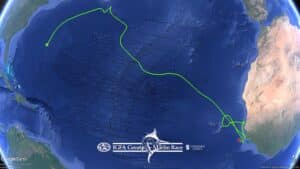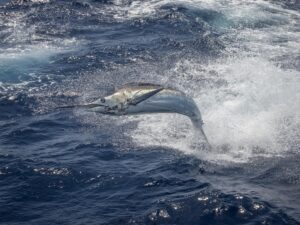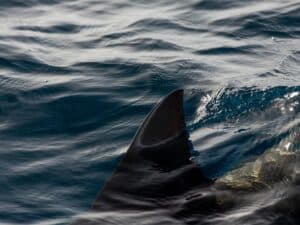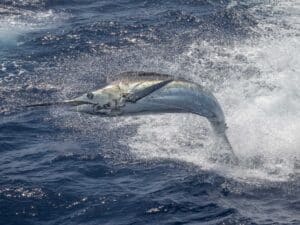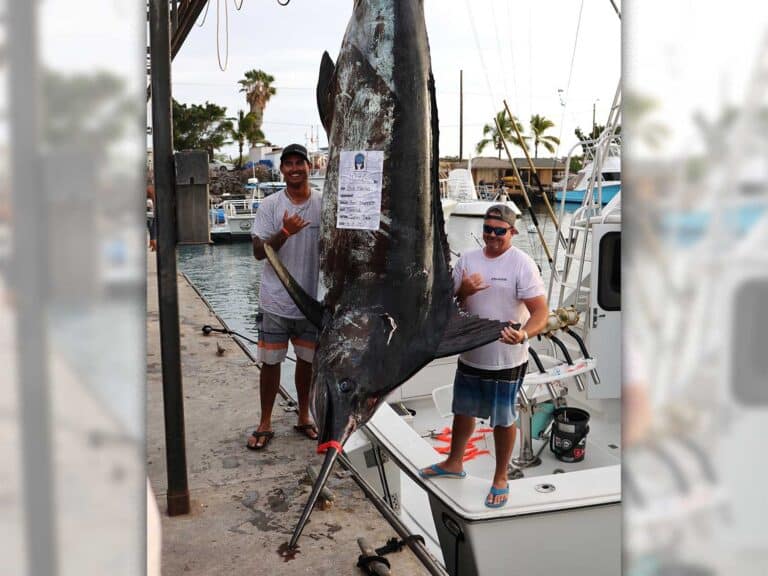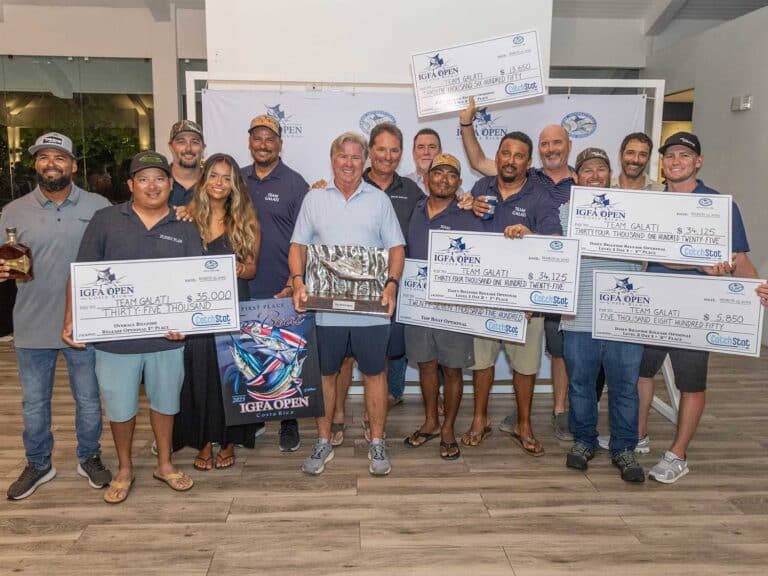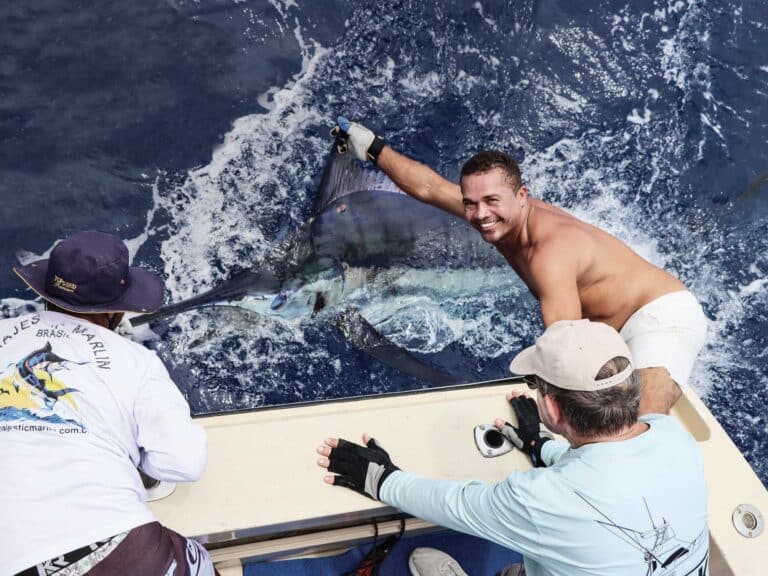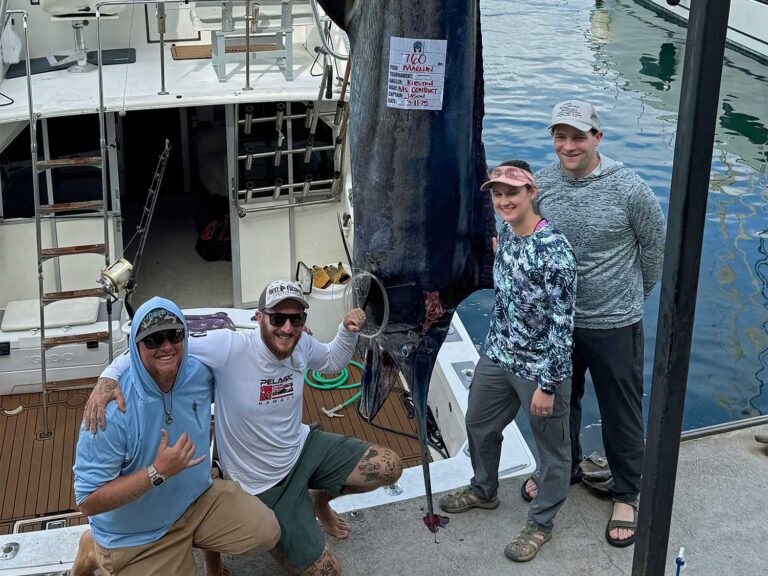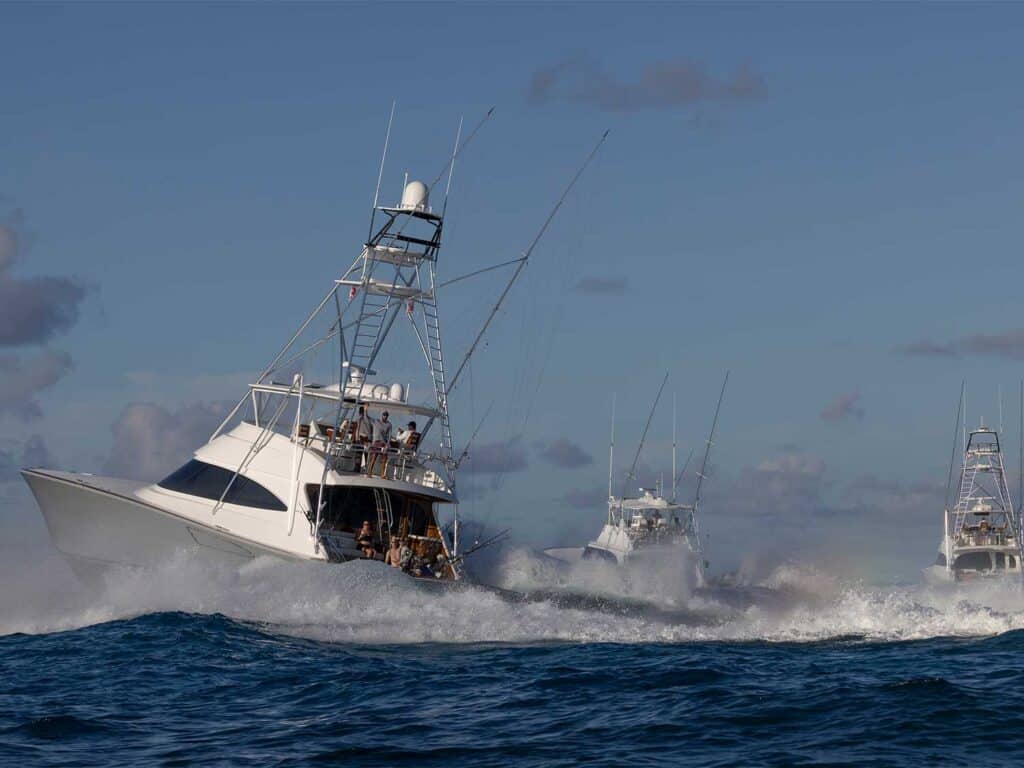
Special delivery: Sign up for the free Marlin email newsletter. Subscribe to Marlin magazine and get a year of highly collectible, keepsake editions – plus access to the digital edition and archives.
In a significant decision applauded by the recreational angling community, the NOAA National Marine Fisheries Service (NMFS) has officially withdrawn a proposed rule that would have expanded vessel speed restrictions aimed at protecting North Atlantic right whales. Published in the Federal Register on January 16, 2025, this decision comes after substantial public pushback and reflects the agency’s acknowledgment of the need for greater engagement and review of the controversial proposal.
The withdrawn rule, initially published in the Federal Register on August 1, 2022, sought to address the ongoing threat of vessel collisions to the critically endangered right whale population. The measures proposed included expanding the size of vessels subject to speed restrictions, enlarging seasonal speed zone boundaries, and introducing mandatory temporary speed zones in areas where right whales were detected. These changes intended to reduce whale mortalities and injuries, a key factor in the species’ slow recovery. For more information, see this related article: Bipartisan Legislation Seeks to Balance Right Whale Protection and Economic Impact.
However, the proposed changes sparked widespread concern among the recreational angling and boating communities, who feared the restrictions would impose undue burdens on smaller vessels and hinder their access to coastal waters. NMFS received an unprecedented 90,000 public comments on the proposal, reflecting a broad spectrum of perspectives on the issue.
Ultimately, NMFS determined it lacked sufficient time to finalize the regulation within the current administration due to the extensive feedback and complexity of the rule. As a result, the proposed rule has been withdrawn, and the existing North Atlantic right whale vessel speed regulations remain in effect.
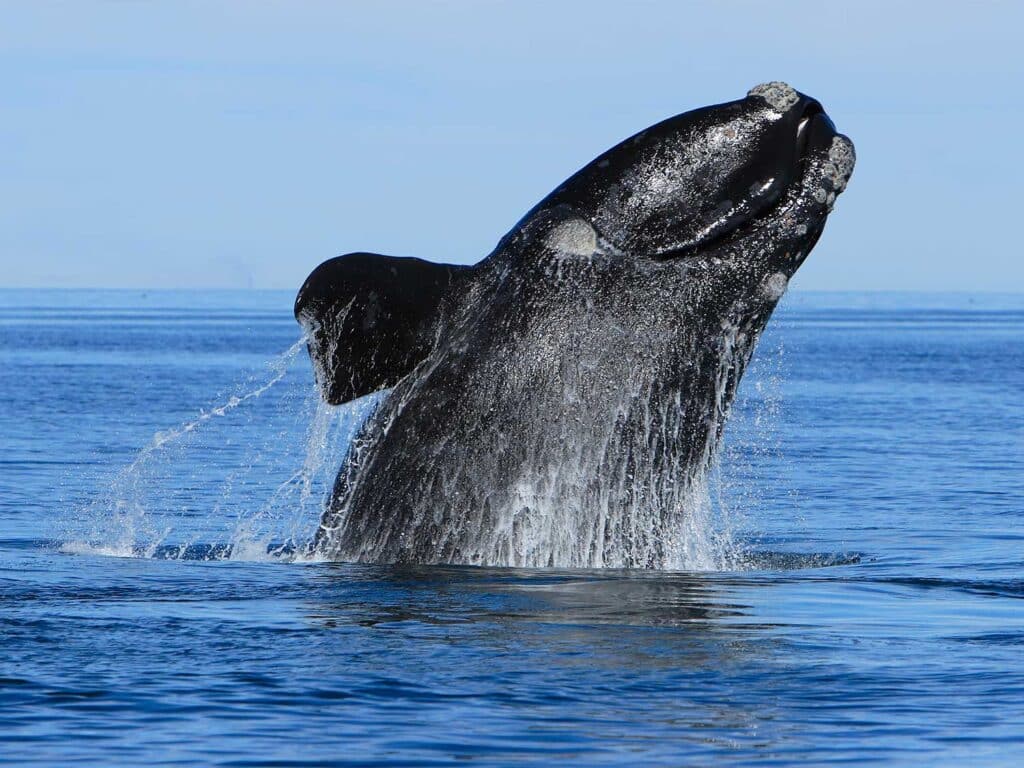
“For years, our coalition worked tirelessly to oppose this Proposed Rule,” says Jeff Angers, President of the Center for Sporfishing Policy. “Its sweeping, overly restrictive measures – issued without consultation with affected stakeholders – threatened to disrupt livelihoods of coastal communities, anglers, boaters and all who enjoy America’s public waters. It was a deeply flawed approach that ignored the advanced marine technologies available to better protect marine mammals. We are united in our call for balanced, science-driven solutions that can protect marine mammals while preserving safe, sustainable access to our oceans.”
NMFS has indicated that withdrawing the rule does not preclude future regulatory actions to address vessel strikes on right whales. Should the agency revisit the issue, it has committed to initiating a new rulemaking process that adheres to the Administrative Procedure Act, ensuring ample opportunity for public input.
“This is great news for the industry,” says Viking Yacht Company President and CEO Pat Healey, who has been a leading voice against the proposed rule since its inception. “We all worked together to stop this government overreach and safeguard our rights to the ocean. This will not alter our goal to protect boaters and the whales through technology.”
“We still have work to do with the speed restriction that’s in place now,” says Healey. “We will continue to push NOAA to have the current 10-knot limit for boats 65 feet (LOA) and larger amended so that technology-based solutions can replace these speed limits, which have been in place since 2008, but not enforced until 2022.”
For now, the recreational angling community can celebrate this outcome and breathe a momentary sigh of relief thanks to the hard work of the individuals and groups opposing this move.
